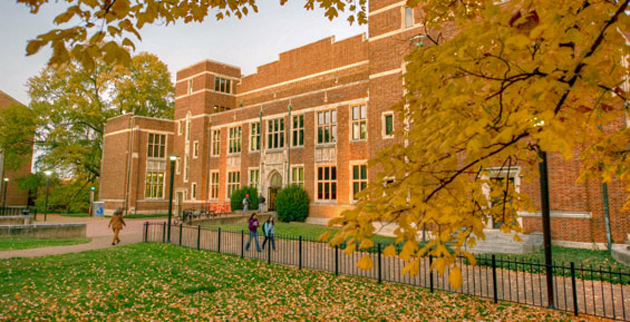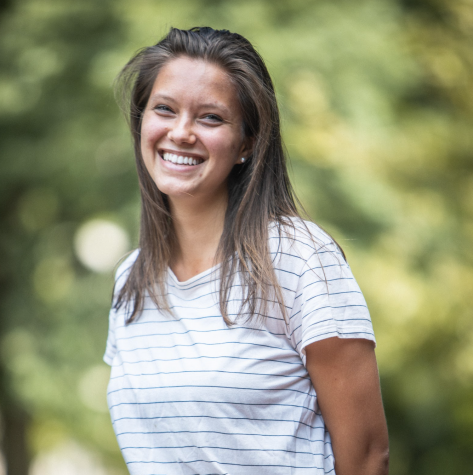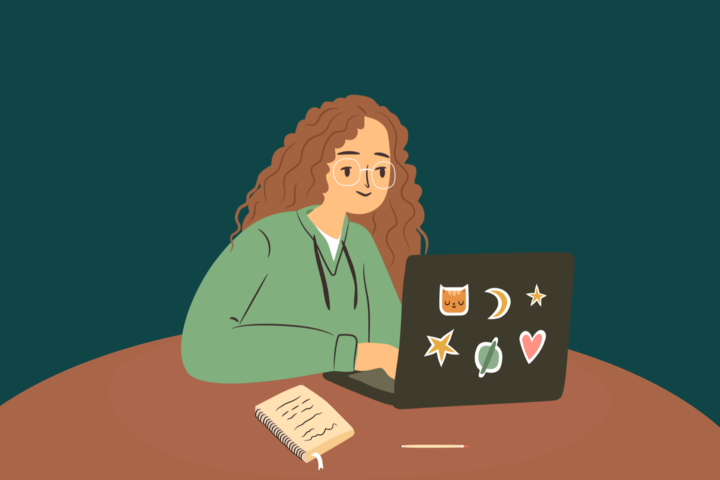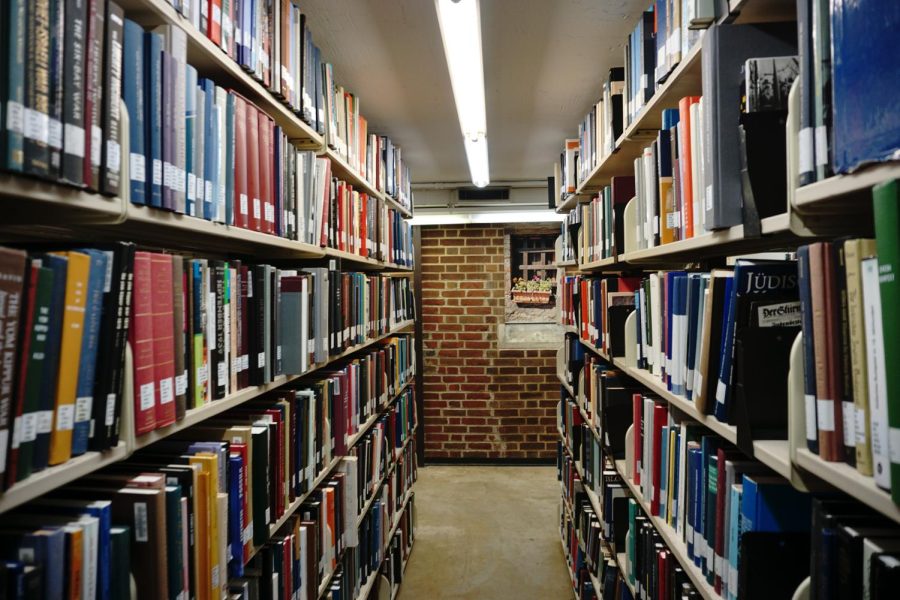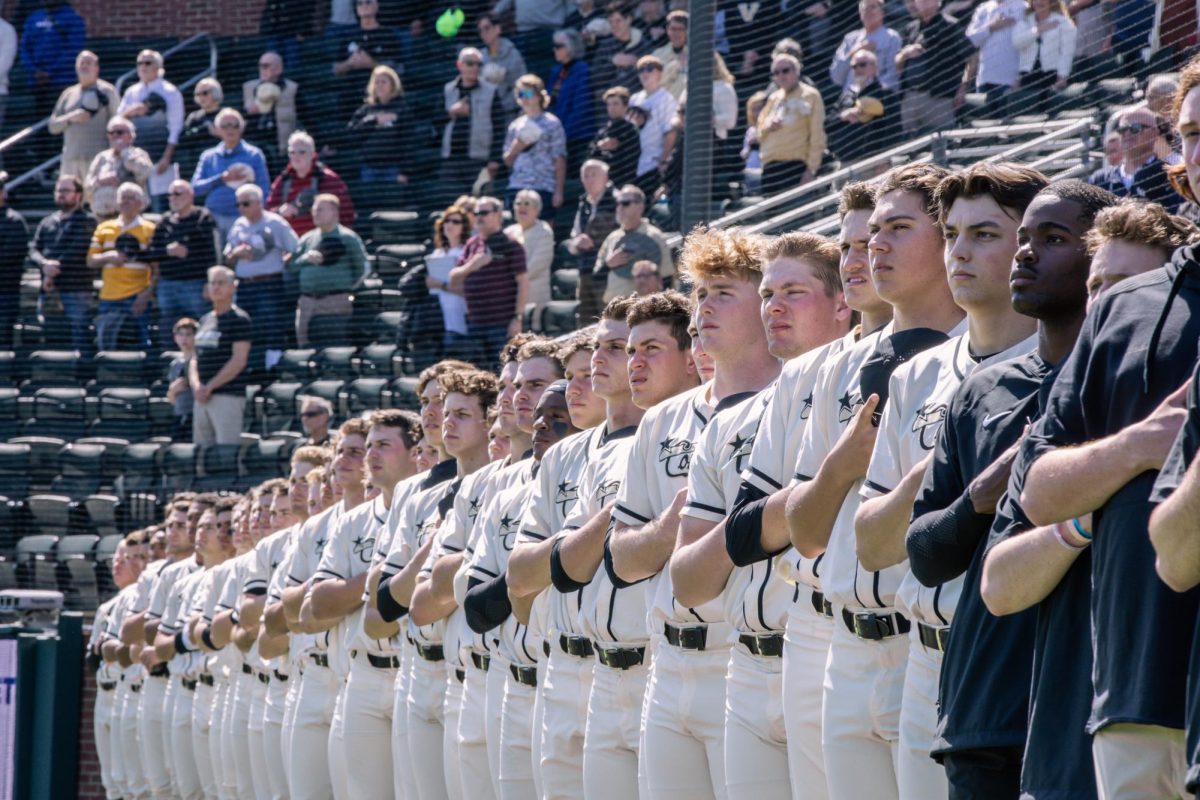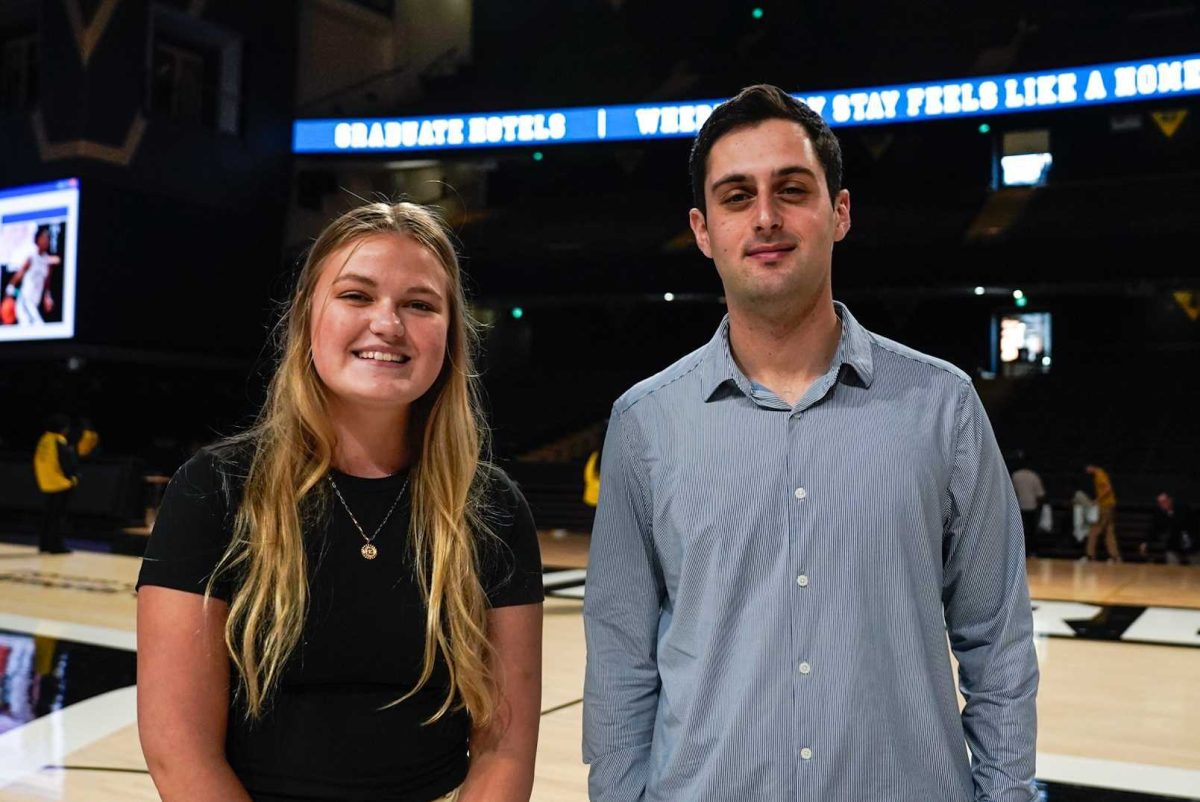Unlike many Vanderbilt students, Vee Basukala can’t simply buy his textbooks at Barnes & Noble. He wouldn’t be able to read them.
Basukala, a third-year Vanderbilt law school student, was born blind. Technology later helped him gain some vision, but reading standard printed text remains an arduous process. For that reason, the Vanderbilt Student Access Services (SAS) converts the textbook he buys into an accessible form that he can easily read. This process is time consuming, and Basukala reports that there were multiple semesters when he didn’t receive his textbooks until mid-semester.
A $1,000,000 grant from the Andrew Mellon Foundation aims to eliminate such hindrances. The Federating Repositories of Accessible Learning Materials for Higher Education project, headed by University of Virginia Librarian John Unsworth and newly funded by the Andrew Mellon Foundation, establishes a pilot group of universities, including Vanderbilt and five others, to populate a database of texts for students with print disabilities.
According to University Librarian Valerie Hotchkiss, colleges and universities across the United States currently remediate texts for students with print disabilities on a case-by-case basis through offices like the SAS. However, since the offices operate independently of one another, the same text might be remediated by multiple offices, Hotchkiss said.
The Education Materials Made Accessible (EMMA) database will provide colleges and universities across the country a place to consolidate and share academic texts in accessible formats, so that multiple universities do not unnecessarily remediate the same text, Hotchkiss said.
Vanderbilt’s first step will be to collect already-remediated materials– including articles, book chapters, and whole textbooks –and upload them to EMMA. In addition, Vanderbilt librarians will cooperate with the University Press to remediate the press’s previous publications. In the future, the press’s publications will be “born-accessible”– that is, they will be immediately published in an accessible format for people with print disabilities, Hotchkiss said.
Basukala hopes this project will lighten the workload of the SAS. The office’s six members currently can’t adequately support the 1200 students who request services, Basukala said.
This grant fits in well with the library’s overall mission to make needed texts available to all university users, Hotchkiss said.
“We’re really proud to be part of it, and we’re excited about what we can do for the world through this project,” Hotchkiss said.


